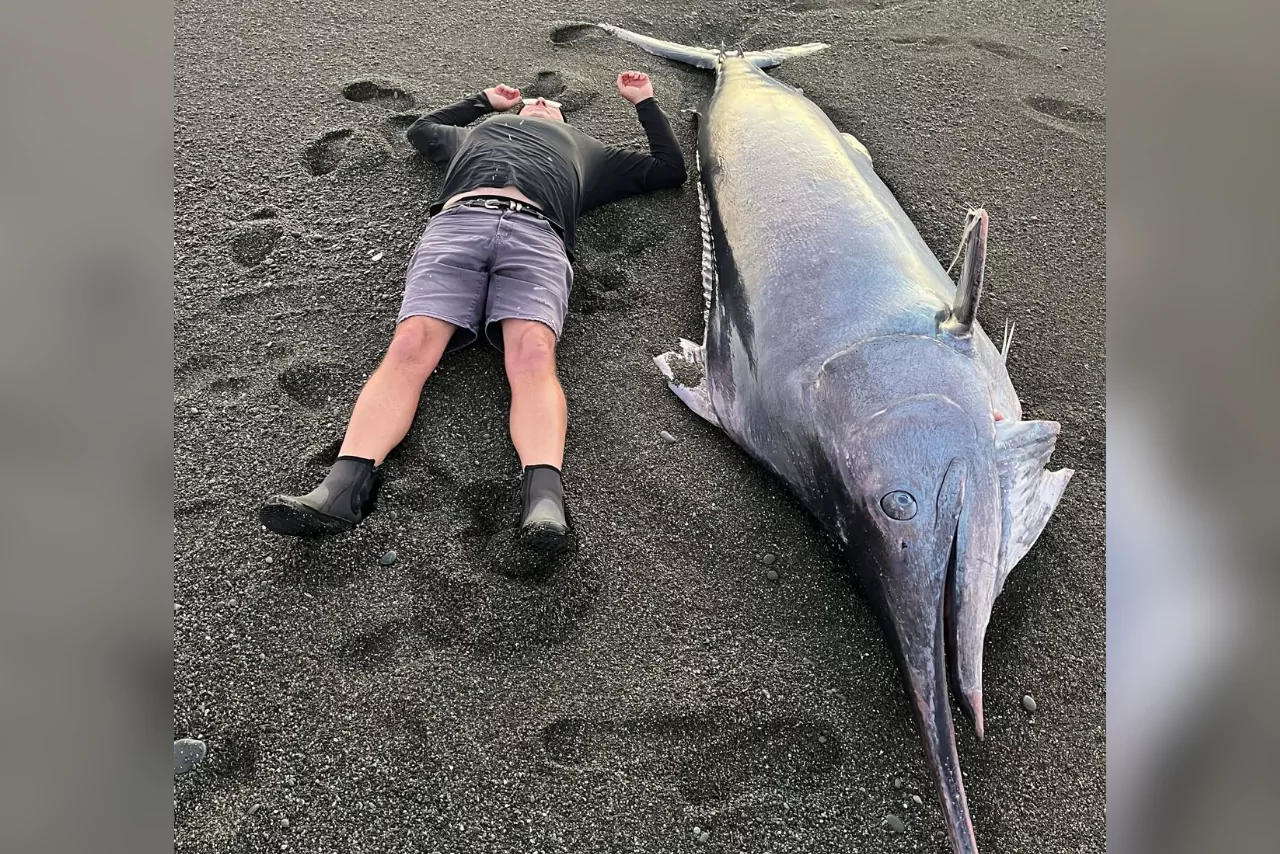Escaped youth tracked by Eagle helicopter, found hiding in New Brighton
The young person who escaped from a youth justice facility in Rolleston has been located...
Christchurch Mayor Lianne Dalziel has hit back hard at allegations that she played any part in “blacklisting” a respected Canterbury University professor from participating in official events related to China and Antarctica at the request of the Chinese Communist Party.
Documents released from the Justice Committee into the 2019 Local Elections include a submission made by Professor Anne-Marie Brady.
Professor Anne-Marie Brady is a specialist in the politics of the People’s Republic of China (PRC, China) and the Chinese Communist Party’s (CCP) Party-State system, as well as in polar issues, Pacific politics, and New Zealand foreign policy. Professor Brady has published eleven books and more than fifty scholarly papers on these topics.
In part of Professor Brady’s 36 page submission, she says the CCP has a comprehensive strategy to target foreign economic and political elites, in order to get them to promote China’s foreign policy agenda within their own political system, to encourage them to relay information on foreign government intentions, strategies and the attitude of key actors towards China, as well as to provide access to cutting-edge technology.”
“This includes lobbying local government to suppress views critical of the CCP government, or restrict activities with Taiwan, Falungong, Tibet and the Dalai Lama.”
In her submission she says “in my own experience, in 2015, Chinese government officials put pressure on the University of Canterbury, Antarctica New Zealand, Lianne Dalziel the Mayor of Christchurch, and New Zealand diplomats in China regarding my unpublished research on China and Antarctica.”
“Despite New Zealand’s Education Act (1989) which requires all government agencies to uphold the critic and conscience role of the academic and the Bill of Rights which upholds academic freedom, all these government agencies and officials complied with the CCP government’s request to attempt to censor and blacklist me.”
Professor Brady included a letter she sent to Dalziel in 2015.
In that letter she says she was told at a meeting that she was being banned from participating in any official events related to China and or Antarctica under instruction from the Mayor’s Office”.
“I would like to know if this pressure on (blacked out) to have me banned was made under Mayor Dalziel’s knowledge, if she too is bending to Chinese pressure and forgetting that we have the right to free speech and intellectual freedom in this country and that this is in fact protected under our legislation. Banning was a common practice of the South African regime and is a classic means to isolate, discredit, and silence someone whose views might be an inconvenient truth.”
In a letter to the Justice committee dated 24 of June 2020, Lianne Dalziel hit back saying “I was shocked to read that you have decided to receive Professor Brady’s false allegations against me as part of her ‘evidence’ in the matter of your Inquiry into the 2019 Local Elections.”
“Standing Order 216 gives the Select Committee the power to return or expunge any evidence that it considers may be offensive or possibly defamatory. The Standing Orders also state that it is a contempt of Parliament to deliberately attempt to mislead the House.”
“I made it clear in my letter that the allegation is not true and would be defamatory if made in an unprotected environment. I also provided evidence that supports my response, which you have rejected and returned to me.”
Lianne Dalziel said “I have removed names and identifying details and resubmit them to you. They show that Professor Brady accepted that I was not involved in the allegations she made back then. I have read the Standing Orders many times over, as I try to make sense of a situation where a patently false accusation is allowed to be received and considered as ‘evidence’ by a Select Committee under the heading “Natural Justice”.
“The NZ Bill of Rights Act protects the right to justice through the observance of the principles of natural justice. The heading in the Standing Orders cannot be without meaning. To me these Standing Orders only make sense in the context of an allegation of this nature if the allegation is in fact true. The allegation is not true. There is no question that the allegation will seriously damage my reputation in a way that inflicts harm.”
“I stand accused with complying with a request that was never made of me, in an attempt to censor and blacklist her, something I couldn’t and wouldn’t ever do. This is an allegation of corruption involving a foreign government.”
“There are insinuations in this so-called evidence that are designed to support a politically inspired narrative against which I cannot defend myself in a Select Committee.”
“I have explained that in my previous letter. However, on legal advice, what I am not at liberty to discuss with the Committee is the reality that this decision to allow the allegations to stand part of Professor Brady’s “evidence” could compromise my ability to defend myself in other potential proceedings”
“There is a distinct possibility that this is the intention. It is incomprehensible that you would allow this allegation to stand. Evidence, by definition, is the means by which truth or falsehood is established. You cannot stand judge and jury of me in this matter. If you have asked Professor Brady to provide evidence of her allegation, then I am entitled to see that evidence.”
“If you have not, then how is this natural justice? You are entitled to return her submission to her and to have her resubmit it without the allegation.”
“There are many aspects of her submission that are important to your inquiry and must be considered by you. However, my reputation does not need to be treated as collateral damage by giving her a platform to say what she could not say anywhere else. That is not natural justice.”


